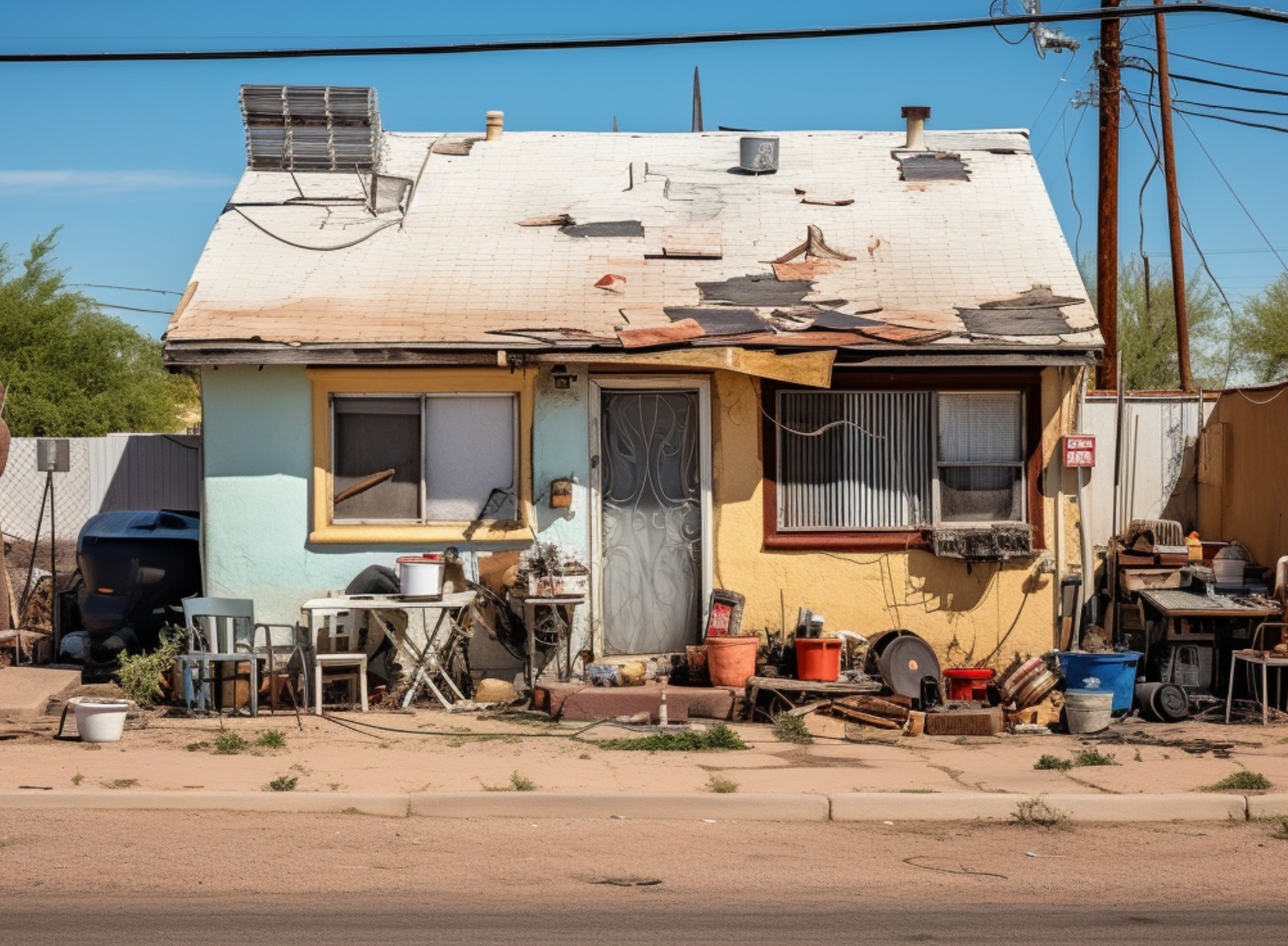Imagine owning a piece of property for decades, only to at least one day discover someone else has taken on residence without your consent and without paying any rent. What can you do in this scenario? Can the squatter gain ownership of your land? That is where the concept of Squatter's Rights, also called adverse possession, makes play. Squatter's rights refer to the general legal principles that allow squatters to get ownership of a property through a long period of possession, even without the owner's permission. In this blog post, we shall dive deeper into the idea of squatters rights Arkansas and explore how it works.

Adverse possession or squatter's rights is really a legal concept that grants ownership of home to a person who possesses and uses the land for a prolonged period, in a fashion that's open, notorious, continuous, and exclusive. The squatter needs to generally meet specific criteria to stake their claim for the property. Squatter's rights come into play when the true owner of the property fails to take legal action contrary to the squatter within the statutory period, which varies from state to state.
The weather that constitute adverse possession include open and notorious possession, continuous occupancy, exclusive ownership, and hostile possession. Open and notorious possession identifies the squatter visibly using the land without any attempt to full cover up or keep their presence concealed. Continuous occupancy ensures that the squatter has resided on the property without the significant interruptions for a designated period, which can vary from five to 20 years with regards to the state where the property is situated. The squatter should also have the ability to show exclusive ownership to the property, which means that they've exercised complete control over it for the requisite period. Finally, the possession should also be hostile, meaning that the squatter must occupy the property without the owner's consent.
Squatter's rights are a complicated issue as it could be challenging to find out who owns the property. However, it's not really a free-for-all situation where squatters can occupy any piece of land they want. There has to be evidence to prove that the squatter has fulfilled the requisite aspects of adverse possession. Moreover, the actual owner can take legal action contrary to the squatter prior to the statutory period, which varies from state to mention and push for eviction.
Additionally, squatting is illegal in many states. However, the adverse possession concept recognizes the chance of squatters occupying land for a long period contrary to the owner's wishes without facing legal action. Therefore, adverse possession cases offer protection to squatters that have cared for a house for a long period without the legal intervention from the owner.

Conclusion:
In summary, Squatter's rights, or adverse possession could be a controversial topic. While it is easy for squatters to take ownership of a house after having a prolonged amount of occupancy, it is very important to notice that adverse possession rules vary by jurisdiction. As a property owner, it is a must to stay alert to the rules in your state and take legal action ahead of the statutory limit expires. Additionally, if you're a squatter, you should pay rent or make a supply to purchase the property in order to avoid any legal complications. Despite the complexities involved, this essential legal principle ensures that no property remains abandoned and unused for extended periods.
